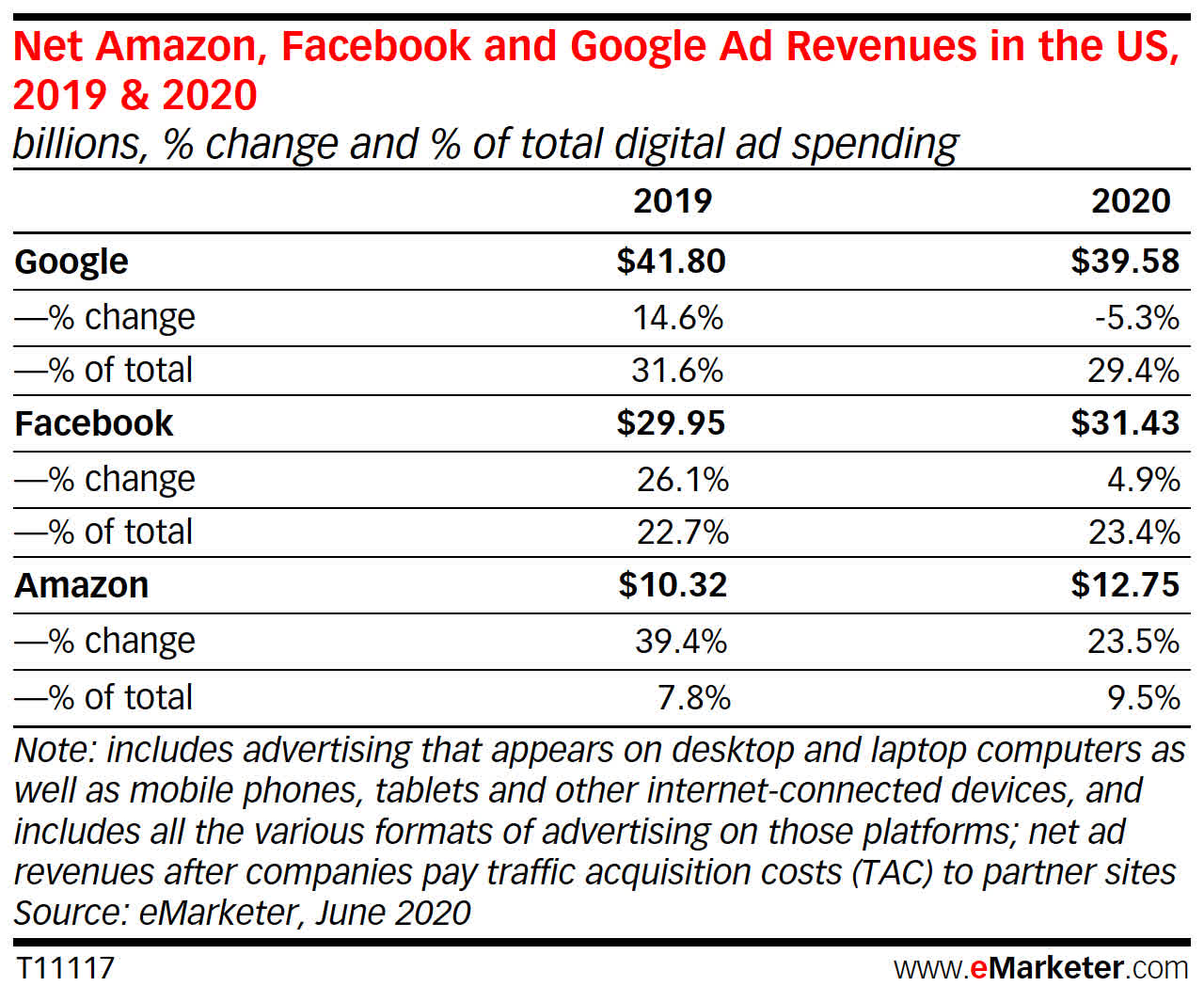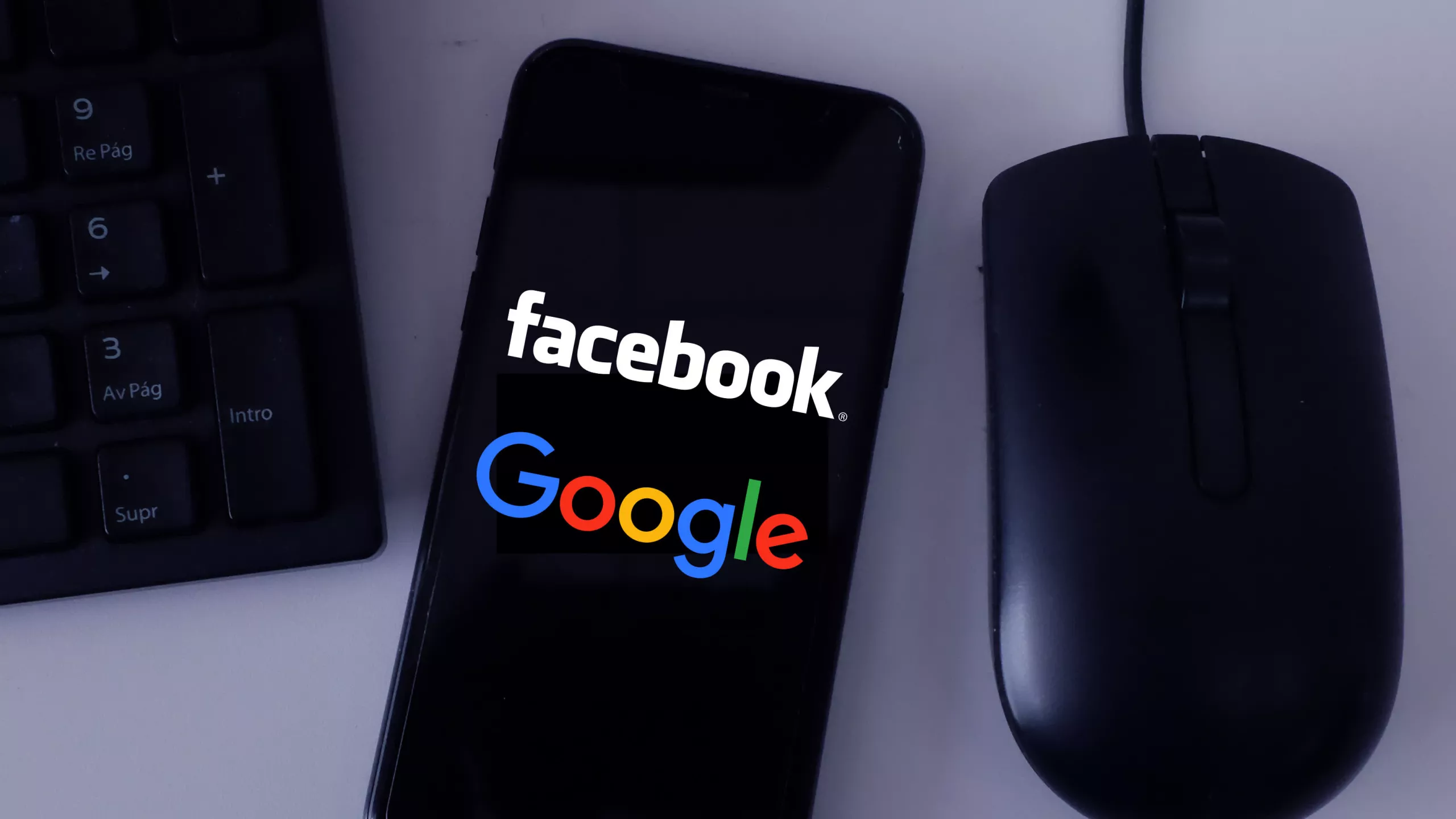A hot potato: According to court documents uncovered by the Texas attorney general's office, Facebook and Google entered an agreement in 2018 that effectively gave the social media platform a distinct advantage when bidding for ads against competitors. The two companies came to spending arrangements and concessions not afforded other advertisers.
The complaint filed by Texas AG Ken Paxton is connected to the multi-state antitrust lawsuit filed last December that alleges Facebook and Google agreed to assist each other against antitrust actions. The redacted filing hid much of the specific details. However, The New York Times obtained an unredacted draft that shows the two companies had agreed to a lot more than just aiding each other against antitrust regulators.
The partnership sprung up when Facebook, one of Google's largest ad revenue sources, began testing a new ad-auctioning method called "header bidding." It was developed to get around Google's over-dominating ad platform. It allowed websites to get bids from multiple exchanges simultaneously, increasing competition resulting in better prices for publishers.
"[Header bidding cuts out] third-party middlemen who make the rules and obfuscate the truth," Facebook remarked as a back-handed poke at Google's methods.
According to an internal email, Google viewed header bidding as an "existential threat," especially once Facebook threatened to get on board. So Google created "Open Bidding," which was similar to header bidding, except Google would take a small fee for every winning bid.

At the same time, the search giant offered Facebook a mutually beneficial partnership in Open Bidding. Facebook announced the deal without fanfare or details in a December 2018 blog post. The agreement allegedly offered Facebook preferential treatment on the new platform. The arrangement between the two tech titans gives Facebook more time to bid in ad auctions, affords it more transparency, and offers a "guaranteed win-rate." After signing the deal, Facebook dropped its plans to use header bidding.
"Unbeknown to other market participants, no matter how high others might bid, the parties have agreed that the gavel will come down in Facebook's favor a set number of times," the draft complaint said.
Adam Heimlich, Chalice Custom Algorithms CEO, a marketing and data science firm, said that the deal was so sweet for Facebook that it was essentially like letting it "start every tournament in the finals."
In turn, Facebook pledged itself to bid on 90 percent of auctions as long as it could identify the "end-user." Additionally, it promised to spend up to $500 million on ads by the fourth year of the deal.
"Unbeknown to other market participants, no matter how high others might bid, the parties have agreed that the gavel will come down in Facebook's favor a set number of times."
"Facebook also demanded that data about its bids not be used by Google to manipulate auctions in its own favor, a level playing field not explicitly promised to other Open Bidding partners," said The New York Times.
In light of these terms, the alliance to help each other during antitrust investigations makes complete sense. The two companies allegedly knew that their deal would bring forth price-fixing claims were it to be discovered. In fact, the word "antitrust" appears at least 20 times in the agreement. The contract already had confidentiality clauses to prevent specifics of the duopoly from emerging. Adding an arrangement to help each other in case of antitrust proceedings an added insurance policy.
Google and Facebook both deny any wrongdoing.
"[This complaint] misrepresents this agreement, as it does many other aspects of our ad tech business," Google spokeswoman Julie Tarallo told NYT. She also points out that Facebook has several other similar "alliances" with other companies.
Likewise, Facebook representative Christopher Sgro claimed that such deals increase competition. "Any suggestion that these types of agreements harm competition is baseless," Sgro said.
Image credit: Daniel Constante
